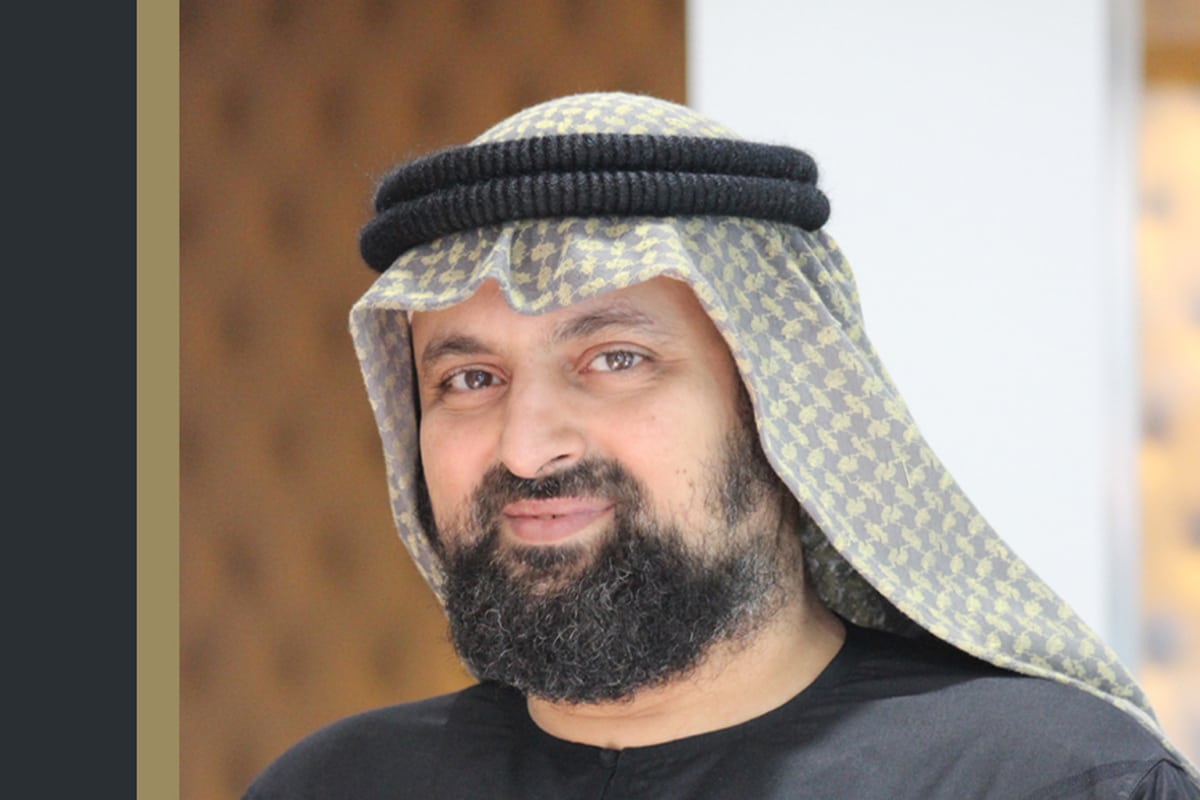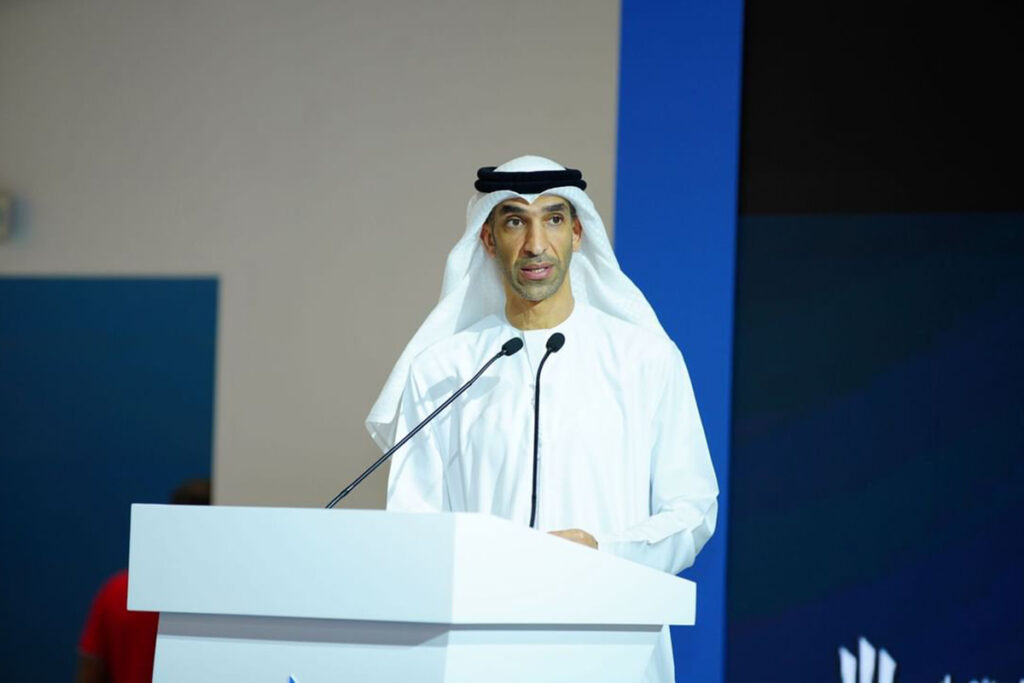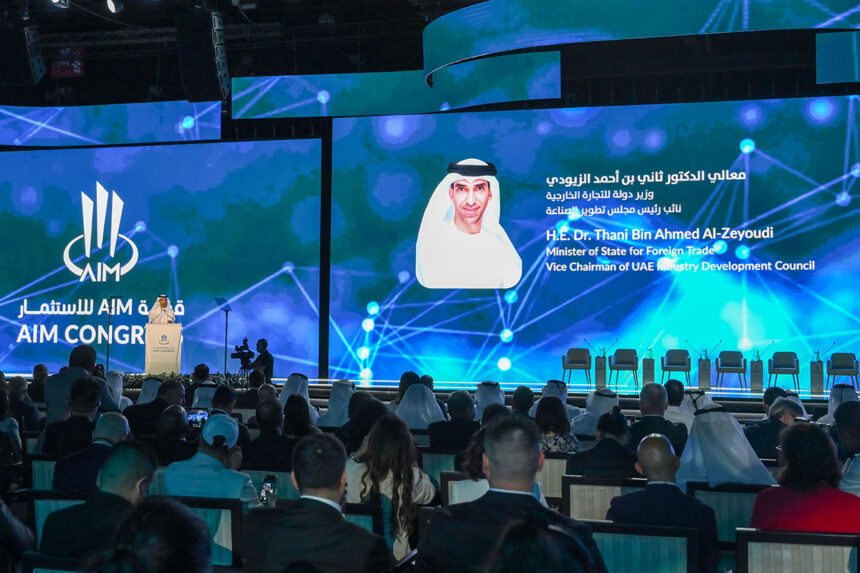The event, which attracted more than 25,000 participants from 180 countries, highlighted the growing influence of the EAU as a strategic investment center and exhibited emerging technologies that transform urban environments.
The development of the smart city arose as a central theme of Congress, with panels that explore how artificial intelligence, 5G connectivity and renewable energy are creating more sustainable and resistant urban centers.
“Human -centered strategies must remain in the center of technological implementation,” said Akram Awad, managing director and partner of Boston Consulting Group, panel duration on Smart Cities. “The Middle East has a unique opportunity to build cities that balance innovation with the quality of life.”
The convergence of technologies that support the development of the smart city was a recurring theme, with Francesco La Camera, general director of the International Renewable Energy Agency (Irena), emphasizing that “renewable energy forms the backbone of” “” “” “” “” “” “” “”
A separate panel explored how 5G technology is transforming urban governance and the provision of services, with Jawad Abbassi, head of Mena in GSMA, pointing out the regional preparation for advanced telecommunications infrastructure.
Economic challenges
Zayed Bin Aweidha, CEO or the ABU Dhabi investment group (ADIG), warned about the possible duration of global economic turbulence of a leaders panel on future manufacturing trends.
“The current economic indicators point to a possible economic crisis that can be more severe than the 2008 crisis, since the markets were in a better way at that time,” said Bin Aweidha.
It has been observed that recently tariffs imposed by the administration of the United States could exacerbate the already challenging economic conditions, adding more pressure on the global economy.
When addressing the future of manufacturing, Bin Aweidha explained that industry 5.0 focuses on the integration of the human machine for sustainable productivity, while industry 6.0 moves towards advanced AI and comprehensive digital transformation. However, he warned that reaching the advanced thesis stages can be difficult in the midst of current financial pressures.

“In the case of another global economic crisis, many companies, especially those with uncompassed debts, are probably declared bankrupt,” he warned.
Bin Aweidha also discussed corporate migration trends, noting that companies are increasingly looking for markets with lower operational costs, which leads to a movement from high -cost economic envy.
Commercial associations take the center of the stage
Dr. Thani Bin Ahmed al Zeyoudi, Minister of State for the EAU for foreign trade, used Congress to describe the country’s investment priorities and show its growing role as a global investment power.
“The EAU will continue to defend investment as an essential development catalyst, where investment is aimed at expanding opportunities, unlocking potential, forging new industries and promoting prosperity,” the Zeyoudi told the opening comments.
He highlighted the position of the EAU as the 16th largest source of foreign investment worldwide, noting that the country deployed $ 22.3 billion for international projects only in 2023. These investments cover the sectors of renewable energy to agriculture, with more than $ 50 billion invested in clean energy projects on six continents.
The minister also participated in a round table on international trade agreements, where he emphasized the Comprehensive Economic Association Program of the EAU, which has completed 27 agreements, with eight already in force.
International participation
The Congress facilitated numerous bilateral discussions between the officials of the EAU and the international delegations. Al Zeyoudi held meetings with government representatives, including Rustam Minnikhanov, Prime Minister of Tatarstán, and Hua Yuan, Vicealcalde de Shanghai, commercial ministers of the entire Middle East, Africa, Asia, Los Balcanes and Oceania.
The interest of Indian companies was particularly remarkable. Ali Alkaitobe, CEO of investment and promotion of the Ajman Chamber, said: “India remains one of our most important commercial partners and investments, particularly in the light of the strain agreement signed with the EAU.”
He pointed out a growing interest of companies that seek to use the EAU as a gateway to the Indian market. “We have seen a growing interest of the companies that are even capitalization in the strategic advantages of strain sacrifices for expansion.”

Belarus also established a presence in Congress, with an exhibition with the free economic zones of Mogilev, Gomel-Raton and Brest. The Belarusa delegation, which included the president of the National Bank, Roman Golovchenko, showed opportunities to create production facilities in Belarus.
The event organized specialized investment forums dedicated to several countries and regions, together with a Tradeech cohosted forum with the World Economic Forum.
Various programs offers
The Congress presented eight main portfolios that cover foreign direct investment, global trade, new companies and unicorns, future cities, future finances, global manufacturing, digital economy and businessmen.
The workshops prior to the congress addressed practical issues that include promotion of municipal investments, B2B sales strategies, access to the market for SMEs and risk capital approaches. These sessions provided the attendees tangible tools to navigate the Evolution Investment Panorama.
The World AI championship, described as “a unique competition format where artificial intelligence becomes not only a tool, but also the main driving force,” exhibited ia solutions in sectors, including medical care, finance and logistics.
Future perspective
As Congress concluded, it reinforced the position of Abu Dhabi as a strategic center for global investment conversations and highlighted the double approach of the EAU in incoming and outgoing investment strategies.
The prospective agenda of the event covered emerging investment trends that include health capital challenges, improvement of local production and the integration of artificial intelligence into the city’s governance.
With the participation of established economic powers and developing markets, the AIM Congress 2025 demonstrated the increasingly interconnected nature of global investment landscapes and the central role that the EAU is playing to facilitate cross -border collaboration.








